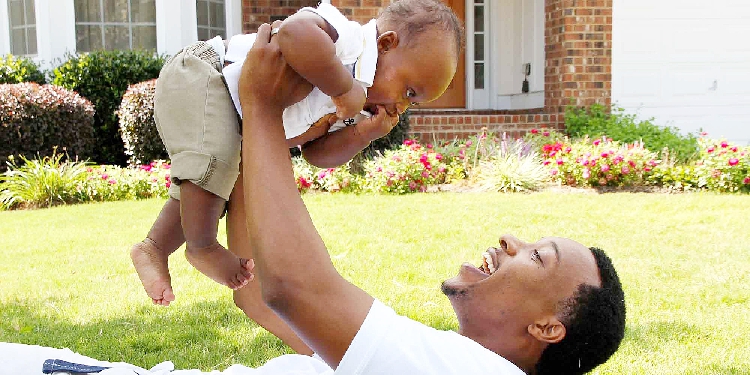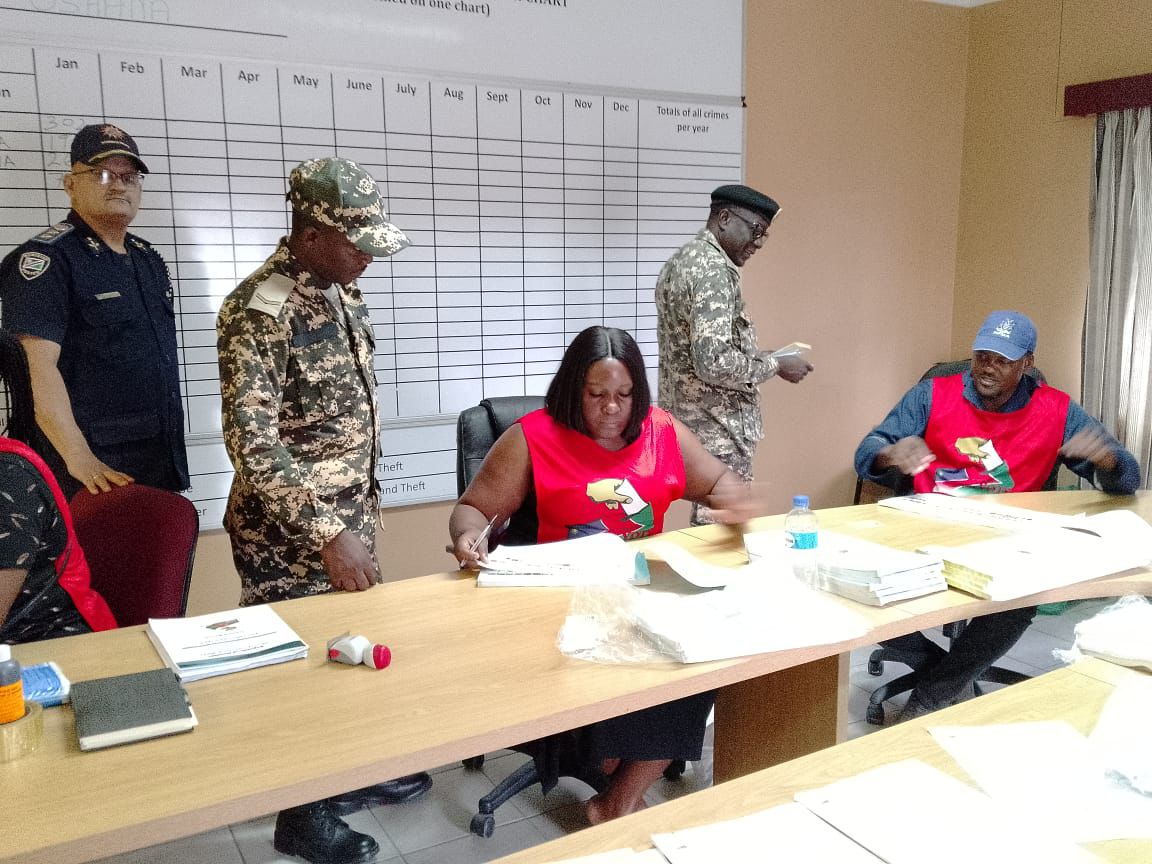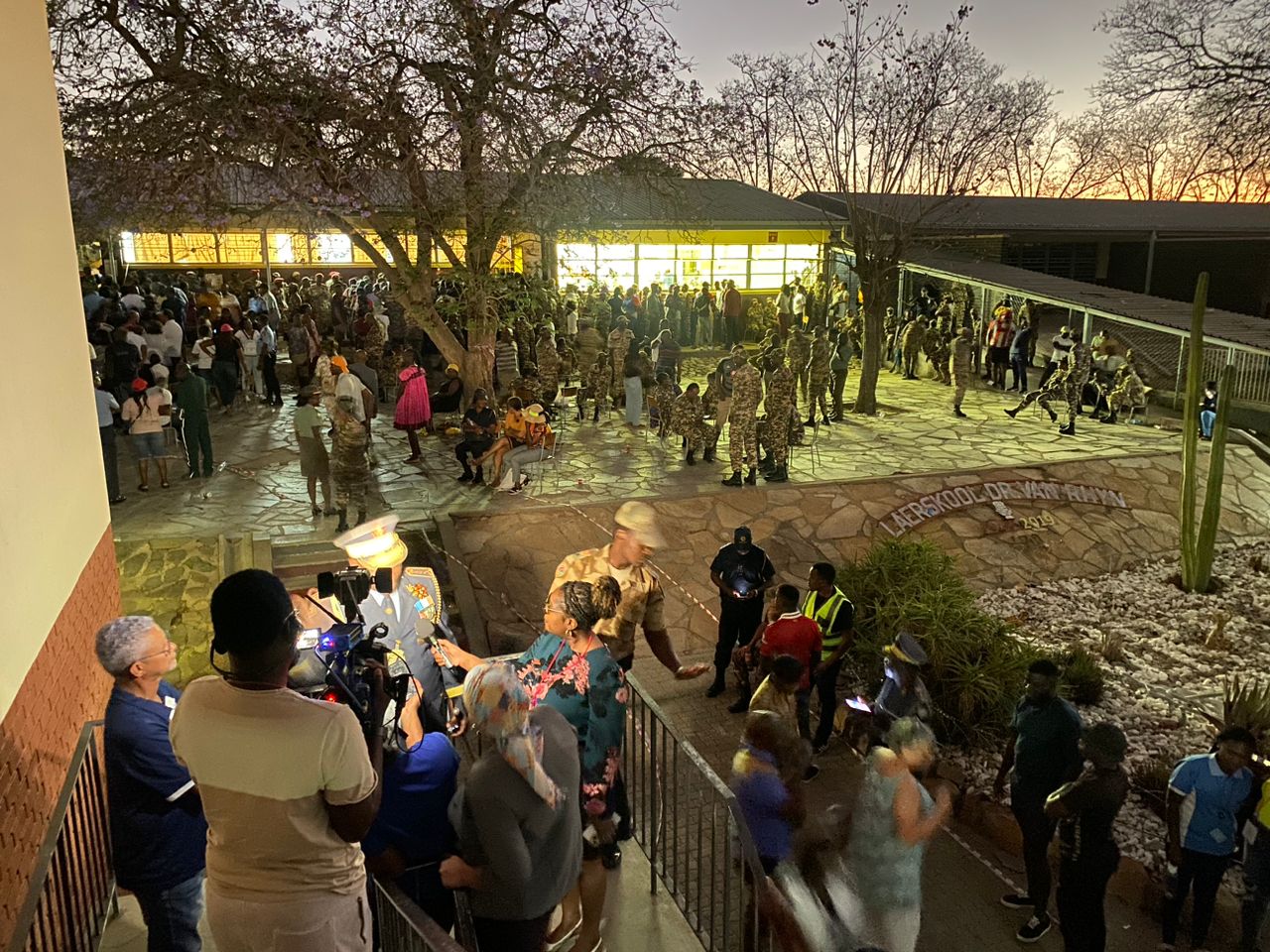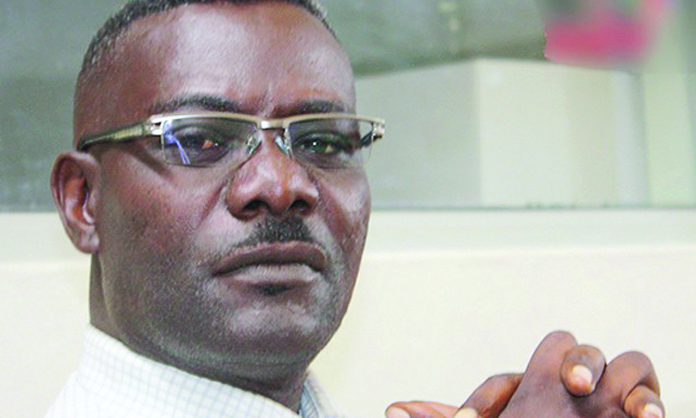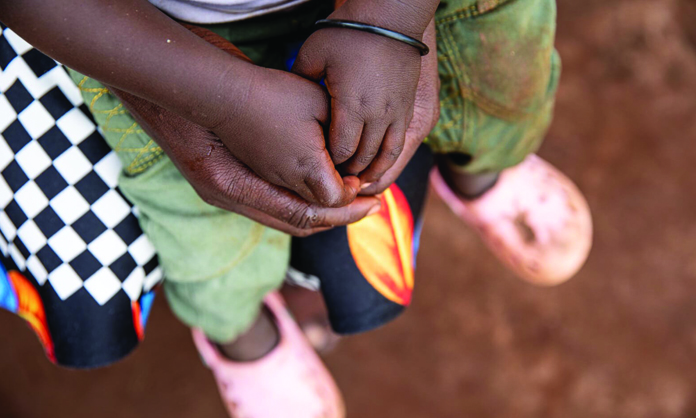“Please turn off the TV when you go out to play.”“Wash your plates when you’re done eating.” “Please don’t!”
These are phrases that any parent will instantly recognise. I am not a father yet but lately I’ve found these things spilling out of me on an almost daily basis, directed at my niece and nephew.
I sometimes wish I could gag my mouth so that I wouldn’t have to hear myself say another “please don’t” because I will surely lose my mind.But I have to make peace with the fact that this is the role I currently fill.
I live with my sister and her two children who are without the guidance of their biological fathers and, for now anyways, I am the only father figure they can look up to. Or their grandfather, whenever he has the time to travel a few hundred kilometres to visit.
Studies have shown that a fathers’ absence has a major disadvantage to children’s wellbeing because they leave a void a mother cannot fill.
Not all children who grow up without a father necessarily experience all the negative aspects brought about by an absent father. There are those who grow up to be well adjusted adults but there’s certainly no denying the importance of a father’s presence in a child’s life.
George Nicodemus grew up without his father. Luckily, the 25-year-old has other father figures in his life.
“I did not really have a problem growing up without a father because I had my uncles around me. I had an uncle who used to take me to school every day when I was young and I talked to him about every issue that bothered me.”
“One of the reasons I never missed my father was because of my half-brother, who was also fatherless as he lost his father at a young age, so he and I were always there for each other.”
However, George says when he has children one day it will be different.
“I will never leave my kids behind.”
Now that George has grown up, his dad tries to reach out to him but the relationship is unlikely to be a success because he says he can now take care of himself.
Research referenced by dadsforkids.org.au has proven that boys are more affected by the absence of their fathers than girls and vice versa, which does make sense if you had to look at it from an anatomical perspective. One would want to be raised by someone who has the same physical attributes as oneself, that way there is a relationship being built here that is invaluable.
A mother’s influence is equally as important. Cici Brooks (20) knows what it feels like to grow up without one of her parents.
She found out at 13 that the woman she thought was her mother was actually not her biological mother and this was aggravated when her parents got divorced.
“I had everything I wanted but not what I needed. When Mom left, I blamed her for leaving at a point when I was just learning about life and the world, and needed some guidance.”
“I always needed Mom when I had emotional meltdowns, or problems with boyfriends which I could not bring myself to feel comfortable and talk to Dad about.”
Cici says she dealt with her emotions by locking herself in her room and crying, or by looking at herself in the mirror and imploring herself not to weep.
She also added that men and women are different in how they raise their children. “Men are tougher in their methods compared to women. Women do not hit their children or talk to them the same way as men because unlike men, women know the pains of giving birth.”
All in all, she believes there is no balance achieved when a single parent raises a child on their own.This balance is reached when both parents are pro-active in raising their children.
Whenever the ‘please don’t’ becomes unbearable for me, I dream of turning into a magician so I can magically make these children’s fathers appear out of the blue. I wish I had a magic wand to wave and they’d be present in their children’s lives.
“Although all children have a mother and a father, not all children will grow up with a father or father figure in their life,” said clinical psychologist Eunice Gonzo.
She also stated that in Namibia the escalation of fatherless families has become a common occurrence more than the typical family set-up of a mother and a father. This means that more children than before will most likely grow up fatherless.
“A present father is very good for a family, because a father is the spiritual head of the family, a guide and source of help whose presence will help increase the child’s social ability, educational achievement and will also play a role in reducing negative behaviour and psychological problems in children.”
A child needs both their parents as their role in raising their children is complementary but it does not mean that children who only have one parent are bound to suffer behavioural problems.
“Most children with behavioural issues who I have treated have no father or father figures in their lives. They were defiant and rebellious with a lack of respect for authority.”
Often they were more tolerant to abusive relationships and more susceptive to suffer from anger.
“Remember, at the core of the anger is hurt and pain which stems from rejection felt from an absent father. In 70% of the cases I’ve seen, the children were referred to therapy because of their disruptive behaviour and poor academic performance which resulted in expulsion from school.”
Gonzo says fatherless children are more likely to engage in drug and alcohol abuse and/or involve themselves in criminal activity.
Stay informed with The Namibian – your source for credible journalism. Get in-depth reporting and opinions for
only N$85 a month. Invest in journalism, invest in democracy –
Subscribe Now!


